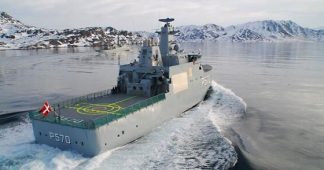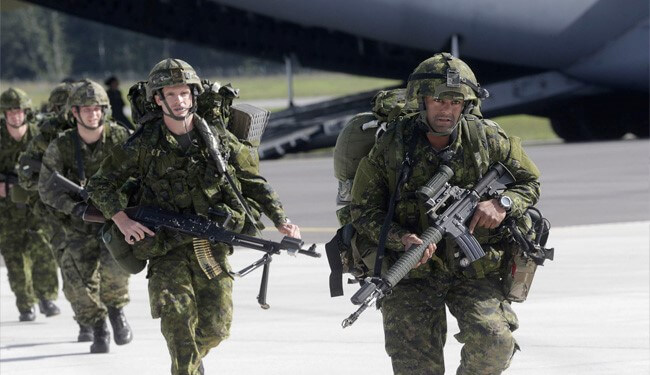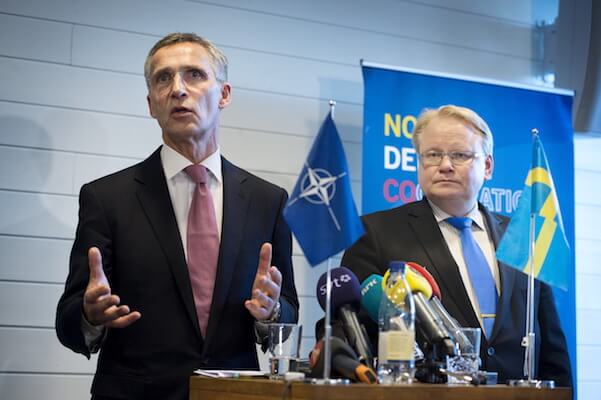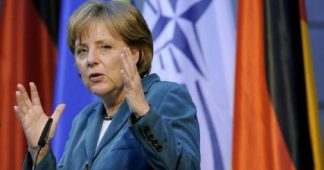In May 2016, the Danish government decided to make the largest weapons purchase in Denmark’s history by ordering 27 new, American produced, Lockheed Martin F-35A Joint Strike Fighters at the cost of $3 billion, with the total cost for the lifespan of these fighters amounting to approximately $8,5 billion. Not even calculated in these expenses are the costs for bombs, ammunition and the aid for repairs following a bombing campaign.
The money for this purchase is, of course, covered by the tax revenue from the Danish people, meaning that instead of welfare, social services and other public goods, we get expensive military modernization. So, what do the Danes themselves think about this? Well, According to a recent poll made by Wilke, 53,3 percent of the Danish population believe that this purchase is a bad idea; 30.8 percent believe it is a good idea; and 15.9 are uncertain. Furthermore, on May 27th, nationwide demonstrations were held in Denmark with the message: “No thank you to new fighter jets!”, and instead “put peace on the agenda, stop Danish war involvement and use the billions for welfare, peacemaking and useful workplaces”.
The fact that more than half of the Danish population does not want their tax money to go to fighter jets does not worry the Danish politicians, who instead of listening to the people, resort to fear-mongering and Cold War rhetoric. An example of this is illustrated by the Danish Defense Minister, Peter Christensen, who said that: “The times after the fall of the Berlin Wall, when we were certain that no obvious threats to the NATO Member Countries were present, have changed. For this reason, Denmark like all the NATO member-countries, must contribute to the defense of itself and each other”. Implied is that contemporary Russia is constituting a new “obvious threat” to Europe, and that military modernization for billions of tax dollars is therefore justified.
Last year, Denmark had a NATO military spending cost of $3,3 billion and this at a time when the Danish government is making cuts in spending on welfare, working conditions, research and education. In Danish communes alone, there are plans to cut around $362 millions on a yearly basis, which will primarily have negative consequences for children, the elderly and weak citizens.
While these cut-backs are not going exclusively to the funding of military modernization, it is nonetheless unfortunate that Danish politicians would, contrary to the wishes of the people, rather use this revenue to appease of NATO. Furthermore, it is being arranged to send 150 Danish soldiers to the Baltic states as part of NATO’s plan to enlarge the military presence there, with 5,000-6,000 soldiers at the border with Russia. The final decision for this move will be decided at the NATO Summit in Warsaw this July.
This will undoubtedly mean that the annual costs for each NATO member-state are set to rise, since having so many soldiers stationed abroad is far from cheap. Unfortunately for Denmark, and many other European NATO members, our politicians are firmly in line with the geopolitical aspirations of the US, so this expensive venture is set to continue – at least as long as new “threats” appear, or are invented, to keep justifying the existence of the Cold War relic which is NATO.











